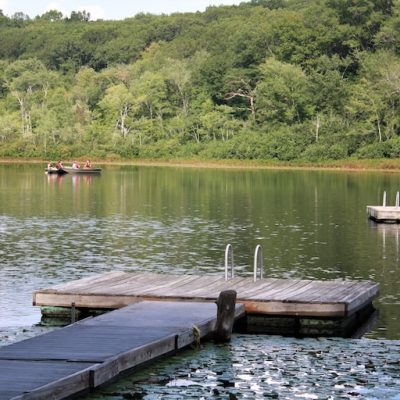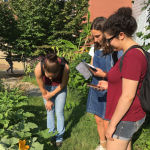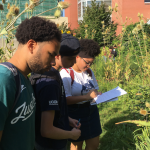Methods of Ecology is an intensive, hands-on course designed as a primer in how to conduct ecological research. The course is particularly useful for students interested in pursuing research-relevant or data-oriented careers and for Honors students who will be writing theses. By the end of the course, students will 1) know how to ask research questions and develop testable hypotheses, 2) be familiar with a variety of field sampling and computational methods commonly used in ecological studies, including how to code using the program R, 3) be able to enter data, visualize it, and run a variety of fundamental statistical tests, and 4) be confident in how to turn collected data into a publishable scientific manuscript.
Instructor: Varies
Typically offered: Fall
Credits: 4
Format: Two 4-hour combined lecture/labs per week, including 9 field trips
Grading: Weekly assignments, final project report, no tests


